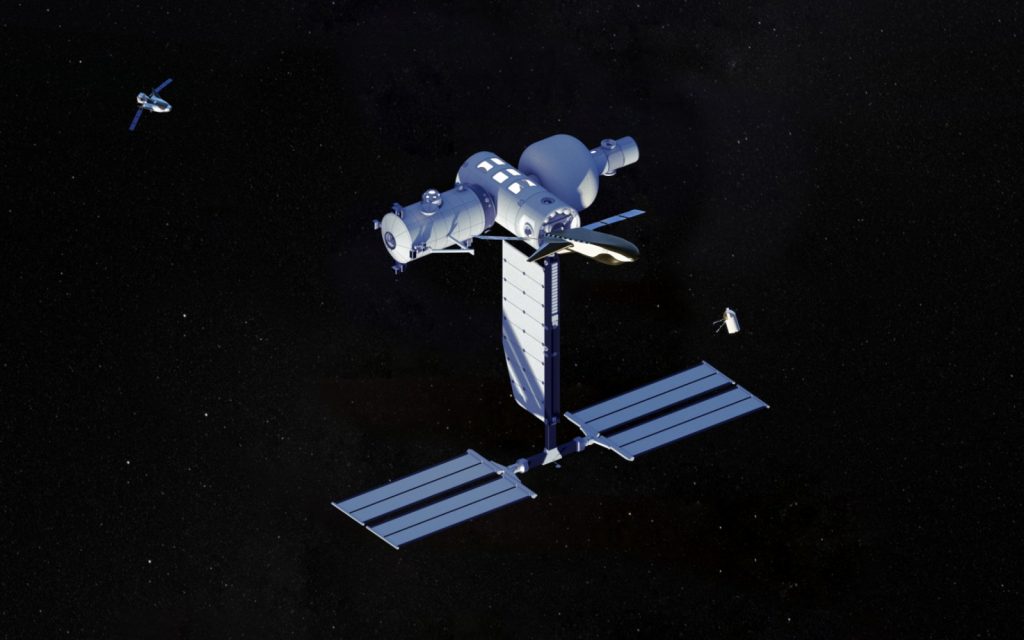If you’ve been following the antics of Blue Origin of late, you’ll know that Orbital Reef is the company’s latest announcement. The idea is that it’s a commercial space station, maintained by Blue Origin and a set of partners, that is for hire. If you need to do work in space, that’s where you’d go to do it. Without, you know, spending a buttload on developing a space program first.
And it turns out that NASA’s happier with this idea than it was with awarding Blue Origin the Artemis lunar lander contract. The American space agency has allocated funding to Blue Origin to get its space station off the ground, so to speak.
Preserving the great Orbital Reef
But the deal, which sees Blue Origin secure $130 million (a little over R2 billion) in funding for Orbital Reef, also indicates a greater commercial push into space. See, Orbital Reef and its partners aren’t the only ones to secure money from NASA.
A company called Nanoracks, which partners with Voyager Space and Lockheed Martin, was awarded $160 million (R2.5 billion). They’ve proposed Starlab, a four-astronaut space station set for a single 2027 launch. It’ll apparently conduct research, and “…[ensure] continued U.S. presence and leadership in low-Earth orbit.”
Then there’s aerospace company Northrop Grumman, which receives $125.6 million (also around R2 billion). Northrop plans to build a modular commercial space station in low-Earth orbit. The point? Science, tourism, research, and expanded development of the station beyond its initial scope. It will use its existing Cygnus craft to send bits into space for the station.
All of this is a pointer towards just how keen businesses are on heading into space. Low-Earth orbit stations are just the start, and might well act as a stepping stone towards lunar bases. That’s the main point of the Artemis missions, after all.
